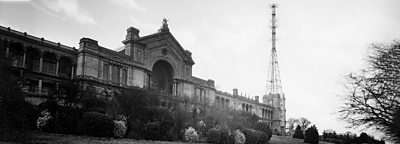Image: Alexandra Place, with its iconic mast, where television began, 1936.
From John Logie Baird and his mechanical television experiments to the coming of age of television with the Coronation of Queen Elizabeth II in 1953, this collection brings together the voices of the "fools on the hill" who battled against indifference and technical difficulty to bring television to you. The story extends into the international coverage of the 1948 Olympics and early Eurovision, as well as exploring the viewer experience at home and the accidental iconography of the famous Testcard.
Curated by Emeritus Professor David Hendy and Dr Alban Webb, University of Sussex; Professor Jamie Medhurst, Aberystwyth University; Professor Helen Wood and Dr Jilly Boyce Kay, University of Leicester; and Dr Elinor Groom of the National Media Museum, Bradford.
-

Invention: Early Experiments 1920-1929
How John Logie Baird's mechanical television showed the way, but ultimately to a dead end. -

Invention: The Βι¶ΉΤΌΕΔ steps in 1929-1935
After Baird's early experiments, the Βι¶ΉΤΌΕΔ reluctantly picked up his problematic mechanical television and aimed to make practical television a reality...with an ambitious deadline. -

Invention: A new service 1935-36
How the experimental broadcasts to the Radiolympia exhibition helped shape the first television service -

Opening Night
Vision and sound were on, the station was ready to go on the air. But were the magic rays of light ready? -
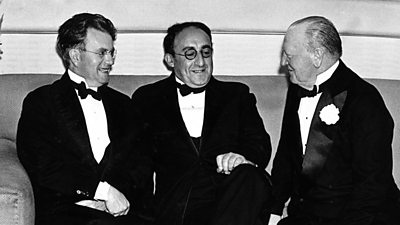
Baird and Moseley
A portrait of TV pioneer John Logie Baird and his biggest backer Sydney Moseley, the radio critic. -
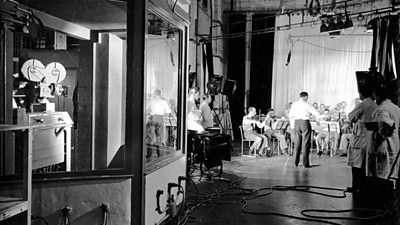
Abandoning the Baird System
It took four years for the Βι¶ΉΤΌΕΔ to abandon the mechanical Baird TV system, why it happened and why it was crucial. -

Programme Parade
What would early 'lookers in' have seen when the switched on their television sets? -
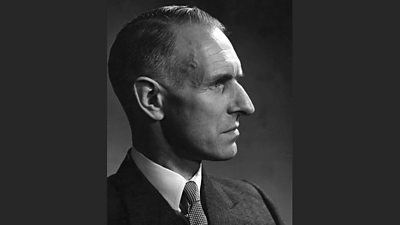
Who was Cecil Madden?
Cecil Madden joined the television service in 1936, and brought to his new job a fascinating range of experience – both inside broadcasting and out. -
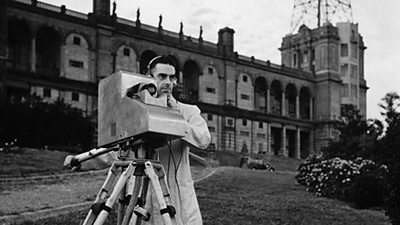
Outside Broadcasts
The Βι¶ΉΤΌΕΔ's early experiments with outside broadcasting -

Resurrection 1946
After a seven year hiatus, the Βι¶ΉΤΌΕΔ Television Service returned in June 1946. Would anyone be out there to watch it? -

Ally Pally
Why Βι¶ΉΤΌΕΔ Television made the 'People's Palace' at Alexandra Palace its first home. -

1948 Olympics
"A planning and operational problem which had never before been encountered in the history of any broadcasting organization in the world." -
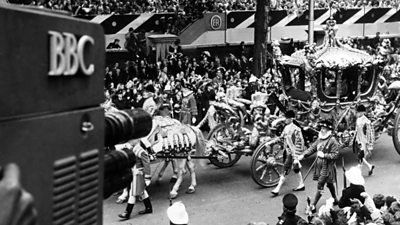
Two Coronations
How the pioneering television broadcast of the 1937 Coronation procession led the way for the biggest outside broadcast yet attempted - the Coronation of Elizabeth II in 1953. -

Watching at home
What did people make of television in the 1940s, and how did they think it would impact their lives? -

Sets and signals
Who watched early television and how? -

Testcards
Appearing first as a 'Tuning Signal' in 1934, over the subsequent eight decades successive generations of Test Card have become subtlety incorporated into the cultural experience of television watching. -
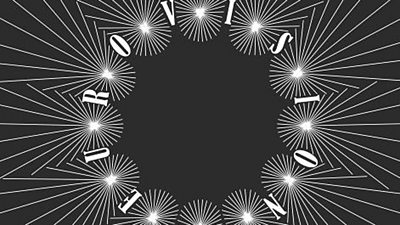
TV and the world
How the Βι¶ΉΤΌΕΔ led the way in cross continental broadcasting, ultimately leading to the ultimate global linkup - Eurovision. -
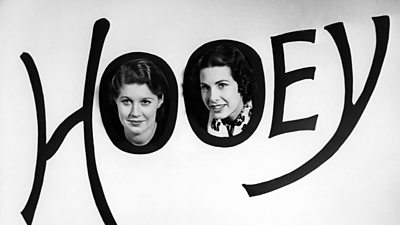
Picture Galleries
From dance mime and comedy, to news features and interviews, the output of the early years of Βι¶ΉΤΌΕΔ Television was as varied in the early years, as it is today, if not quite with the same level of sophistication. -
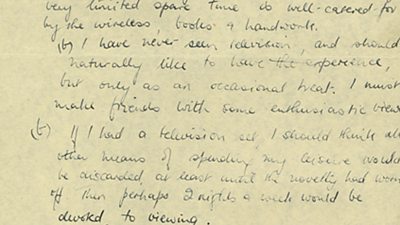
Share your memories
What do you remember about the early day of Βι¶ΉΤΌΕΔ Television? Did buying your first television set change your life? What are your earliest television memories? Let us know something about your early TV viewing habits. -
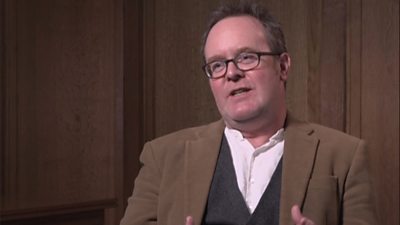
Background to the project
About the Βι¶ΉΤΌΕΔ Oral History and the Voices of the Βι¶ΉΤΌΕΔ project.
Editorial Note
Birth of TV contains excerpts and programmes from Βι¶ΉΤΌΕΔ services at specific moments in time. The material should be viewed in this context and with the understanding that it reflects the attitudes and standards of its time – not those of today.
